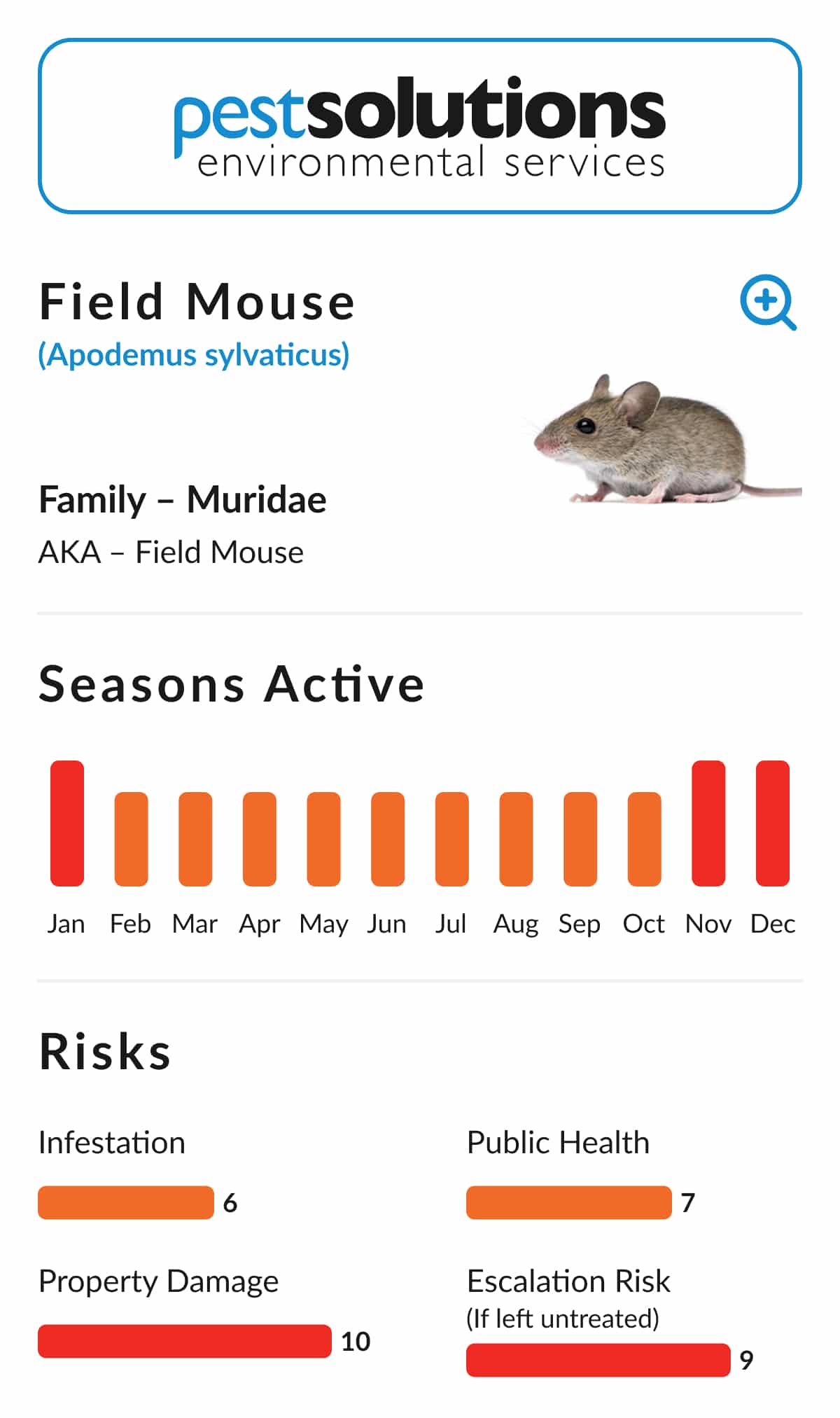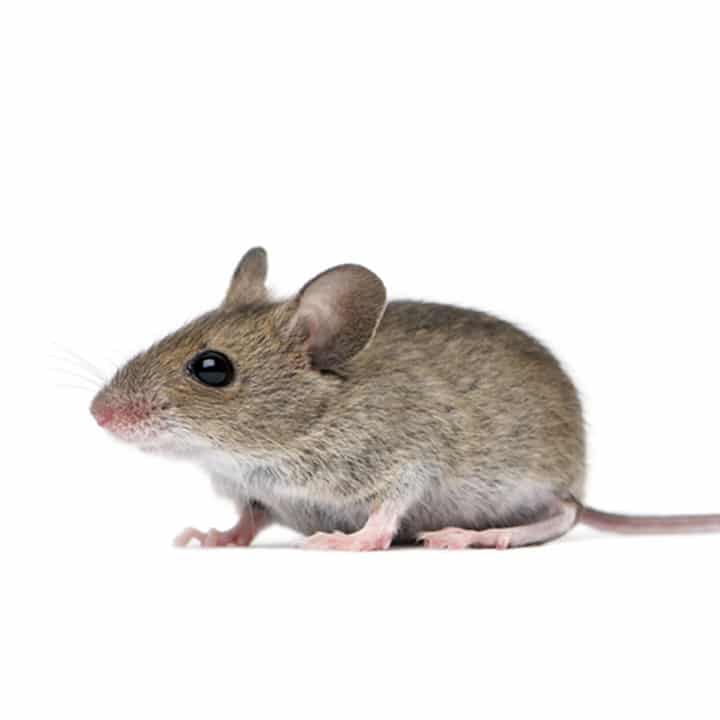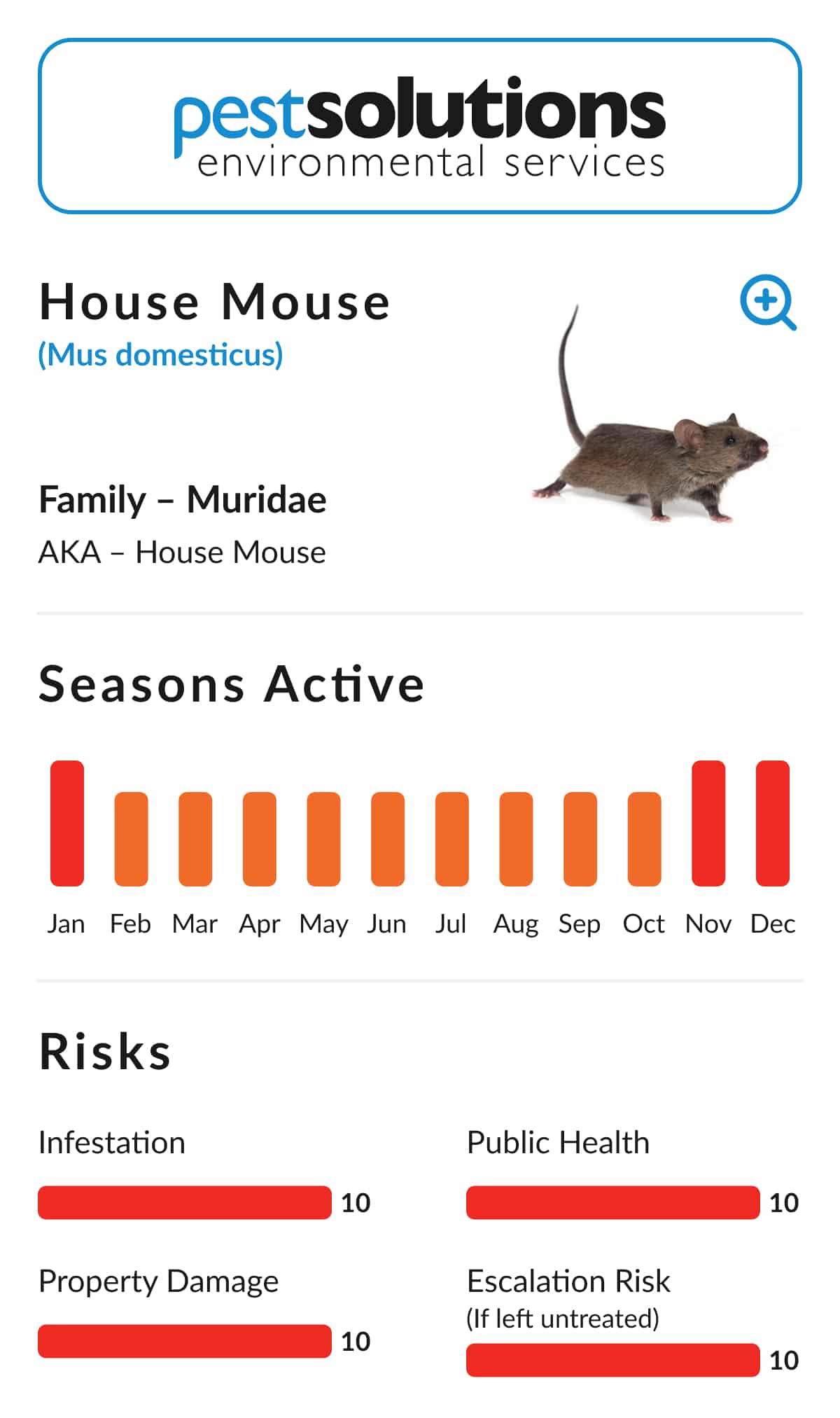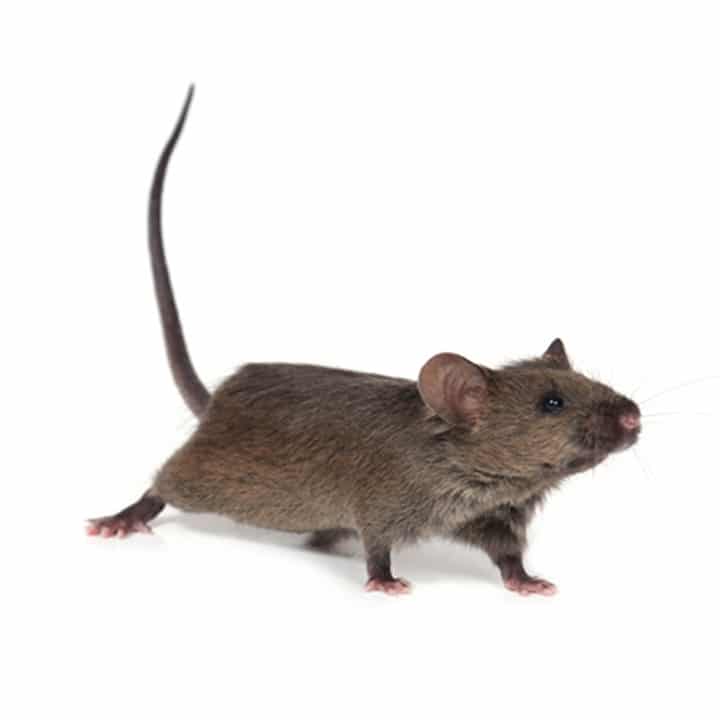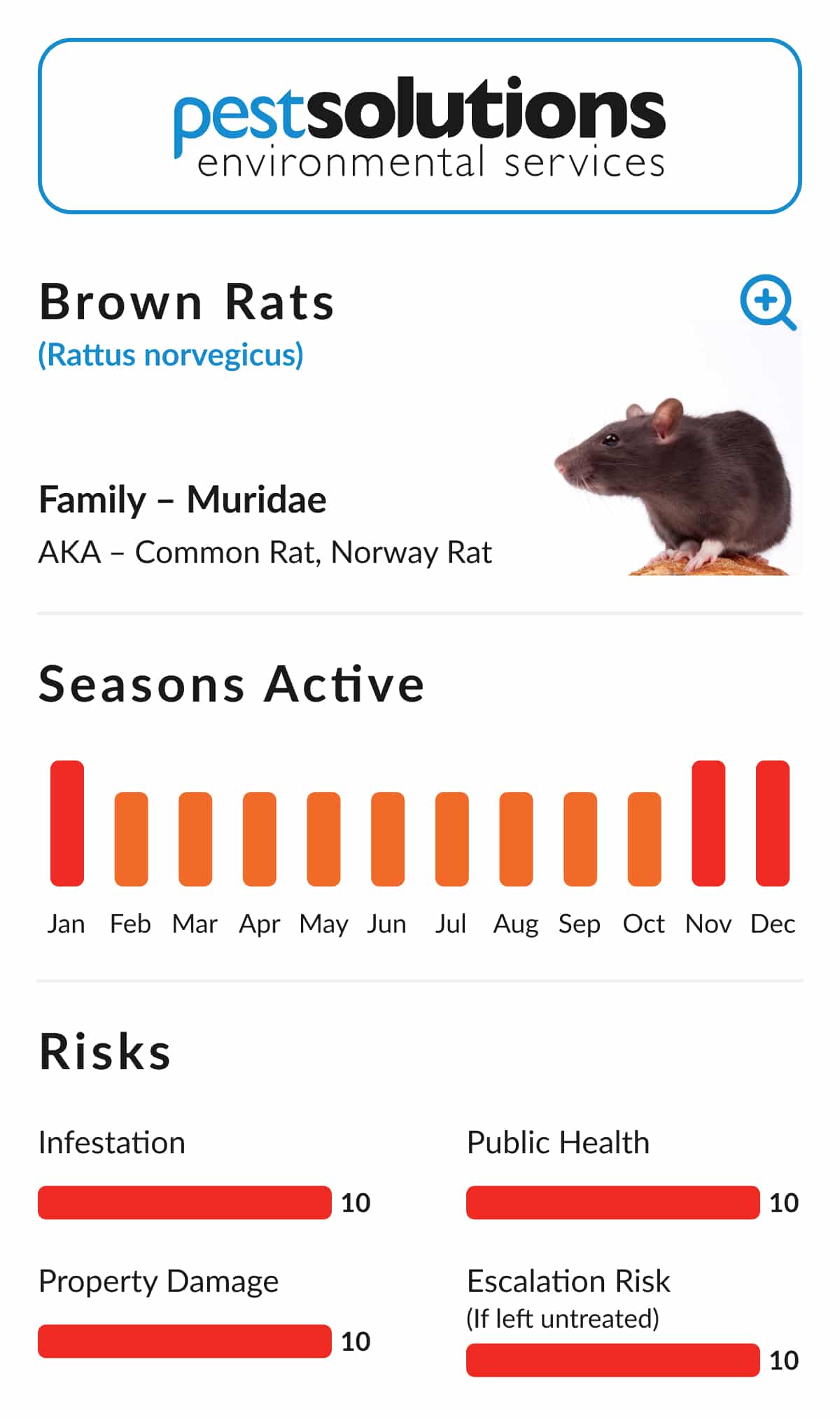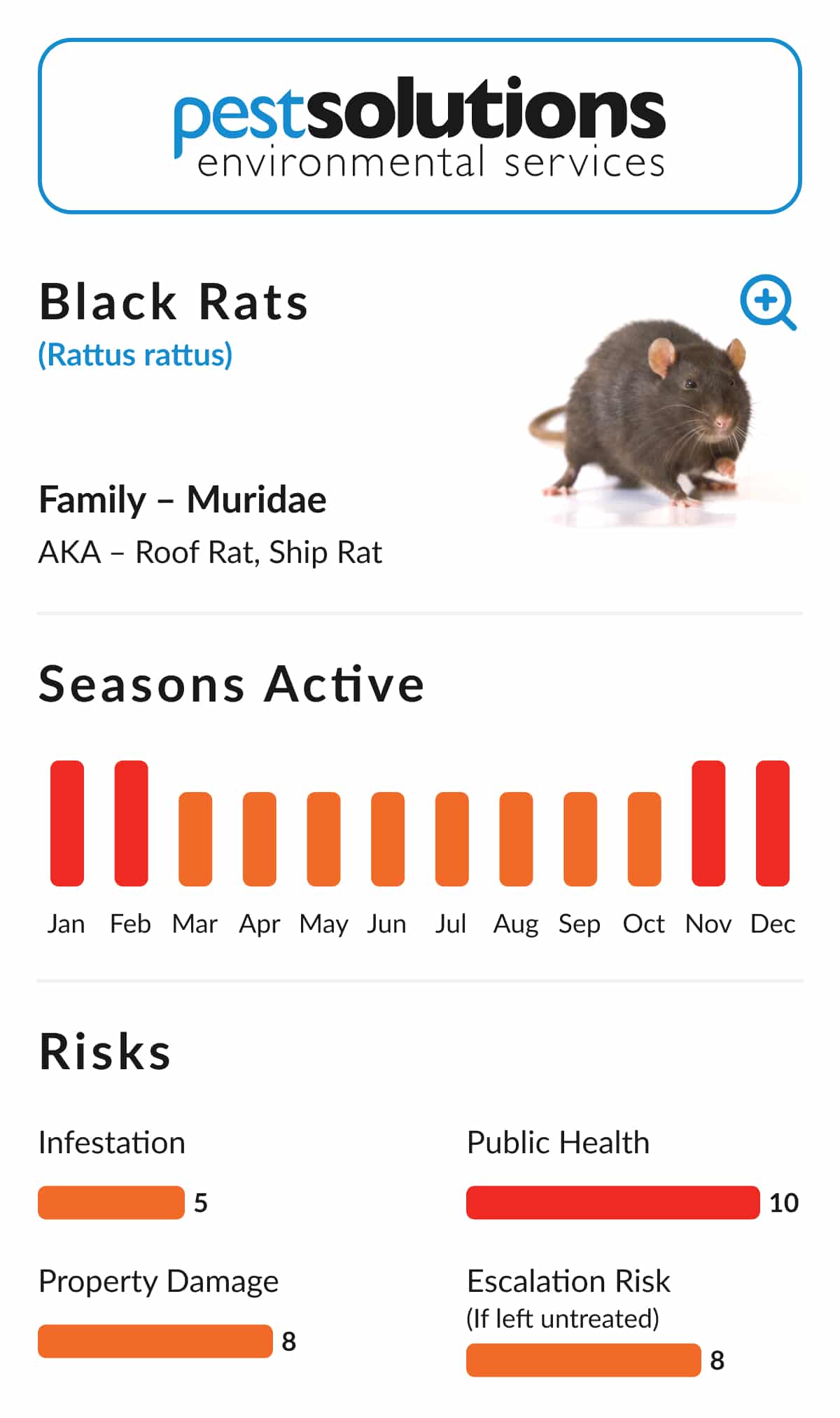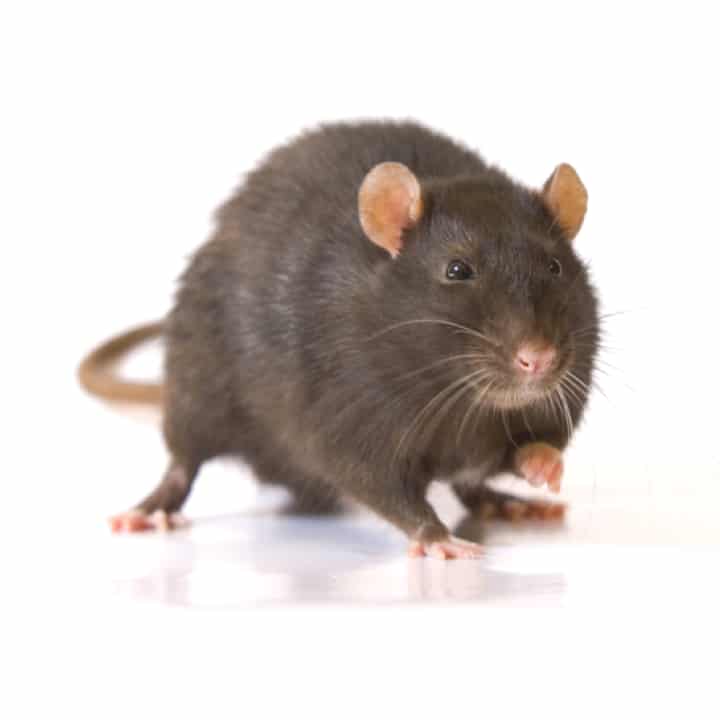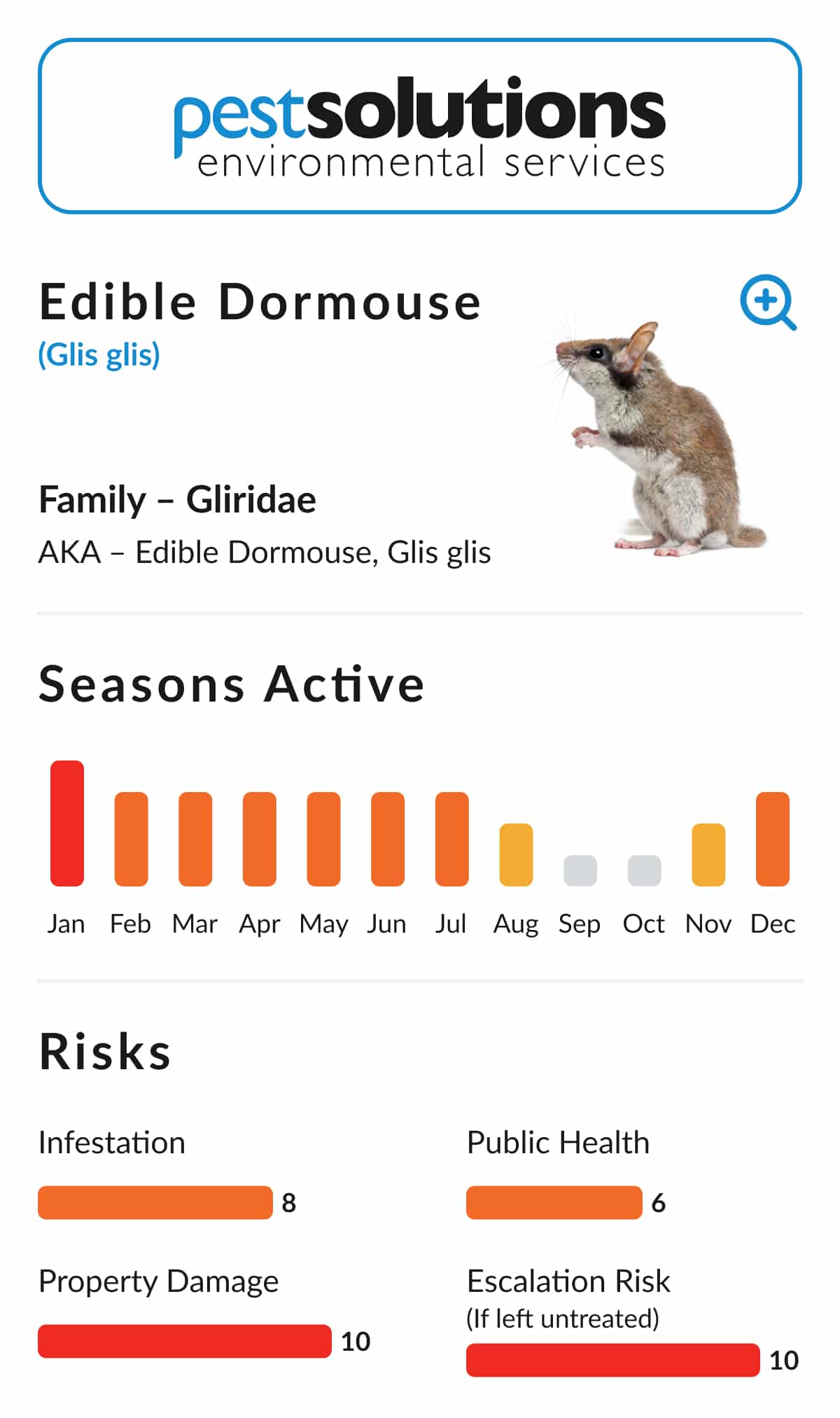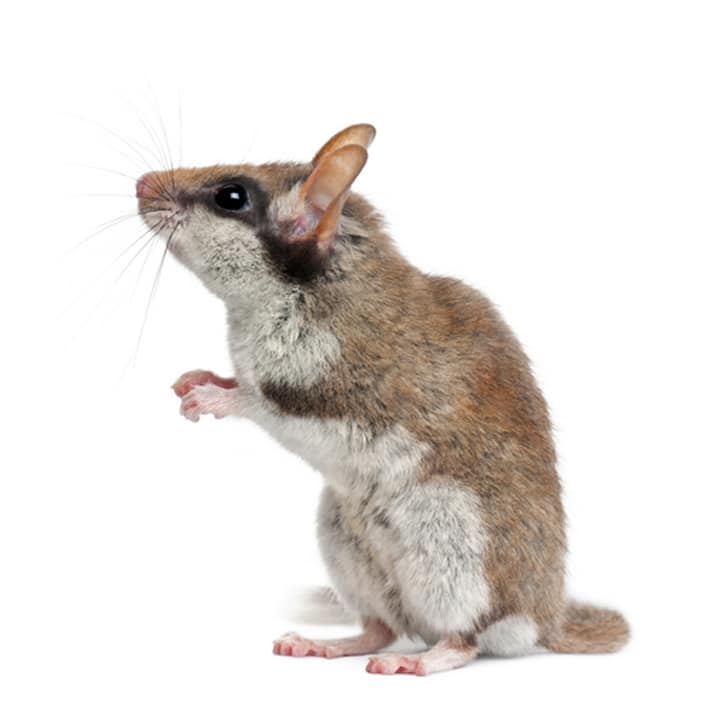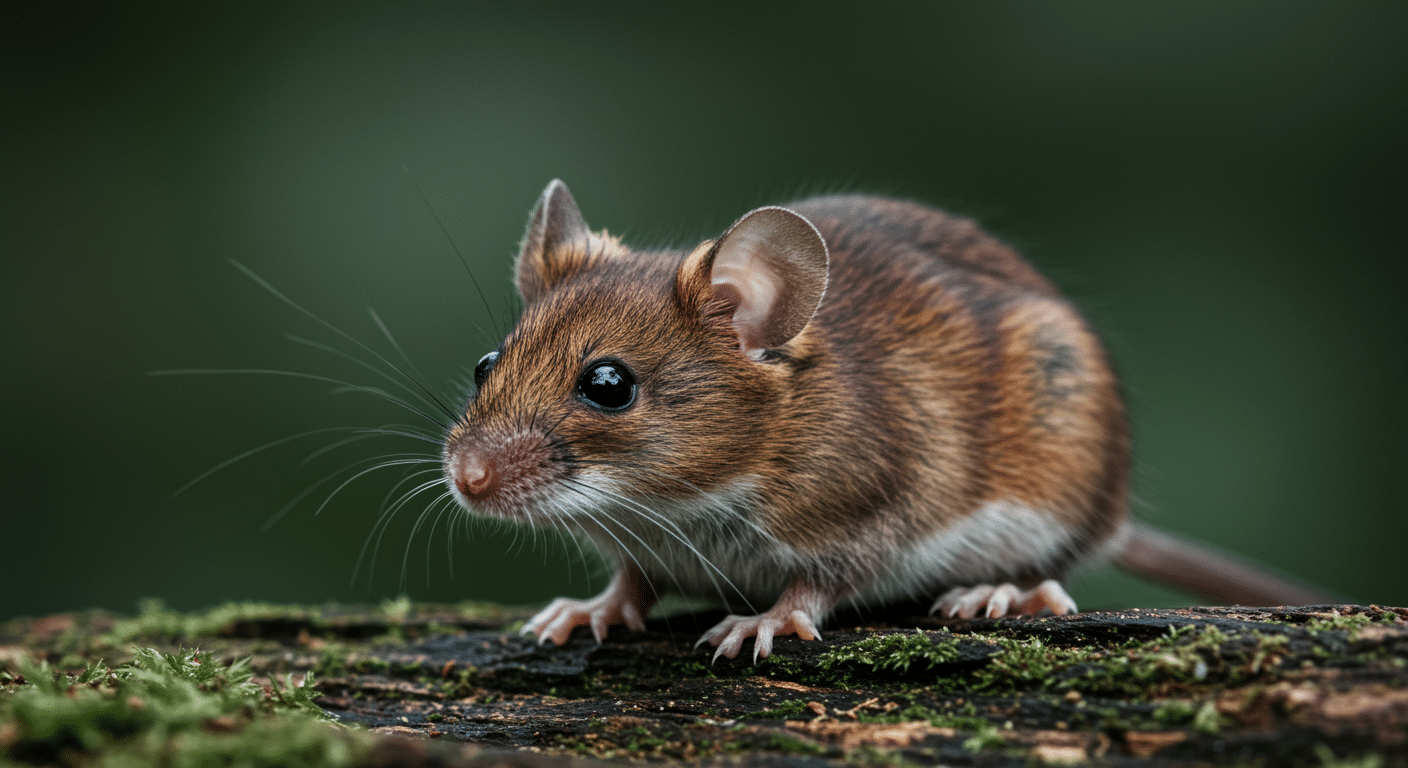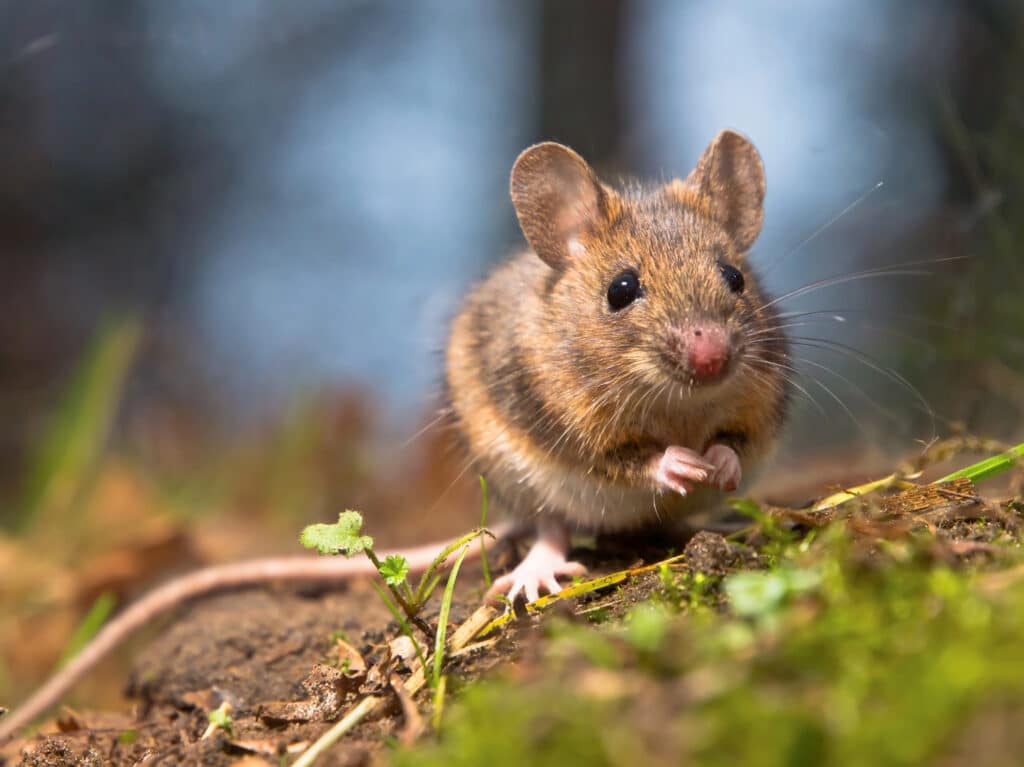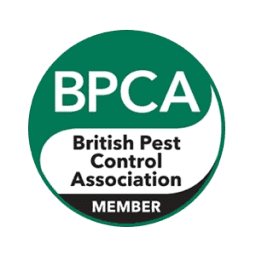The Key Facts About Field Mice
What does a Field Mouse Look Like?
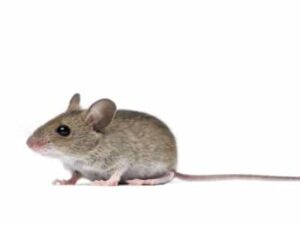
At first glance, field mice appear similar to house mice. However, there are a number of crucial differences between the two, which make it easy to distinguish between these pest species. Whereas house mice are uniform in colour, field mice usually have a greyish-white belly and reddish-brown fur on their backs and a yellow line of fur along their chests. Their ears are also less rounded than house mice.
Field Mouse Behaviour
The main distinction between these species of mice, though, is in their behaviour. Field mice prefer to live out of doors since their diet mainly consists of seeds and berries. True to their name, they are mostly found in fields and woodland. While they do sometimes enter houses, they will more commonly enter sheds, garages, and outhouses, where they can more easily get back outside to forage for food. This frequently happens during the winter months when the weather gets too cold for the mice to survive without shelter. While inside these buildings, though, field mice can cause significant problems for property owners.
Field mice are good at climbing and very fast, so few objects present a barrier to a determined mouse. Although they normally live alone, they will form colonies in the winter to better aid their survival- making an infestation much more likely during this time of year. As instinctive burrowers, they will gnaw their way through whatever they come across, including gas pipes and electricity cables. Naturally, this can lead to very serious problems, as some 15% of house fires happen due to this.
Mice are good climbers and extremely inquisitive but rarely seen and property owners often only become aware that they have mice when they see droppings or the damage they have caused. Field Mouse (Apodemus sylvaticus). The damage can be serious and 15% of house fires are caused by rodents gnawing through electricity cables and gas pipes- meaning it is essential that any infestations are dealt with promptly.
What is the lifespan of a field mouse?
The life expectancy of a field mouse is usually around 1 year due to the presence of predators and the dangerous environments in which they live. Undisturbed, the lifespan of a field mouse can reach up to 3 years.
They make up for this, though, by breeding prolifically. They reach sexual maturity at a mere 42 days old, and each year they can give birth to up to 16 litters during their life. With each litter containing some 4-7 baby mice, this means an infestation can quickly multiply into an extremely problematic situation.
Field Mouse (Apodemus sylvaticus): The Significance of Control
For the most part, a field mouse’s diet consists of small seeds and berries that they can find in the wild. When they come into contact with humans, though, they will eat anything that they come across, although, like their relatives the house mouse, they show a preference for cereals. Although they do not eat very much food, they can nonetheless cause huge amounts of damage to foodstuffs by contaminating them with their droppings and urine. Mice are prolific carriers of diseases such as salmonella, which naturally poses a significant threat to humans.
Field mice can be especially troublesome pests because they can make their way through even the smallest of gaps. You may not even notice that this potential mouse entrance is even there until your property has already been taken over by an infestation. Once inside, the mice build nests in secluded spots and breed prolifically. These two factors make it incredibly difficult for individuals to tackle a field mouse infestation on their own. While you might catch one or two, this will only be scratching the surface of the problem, and it is therefore a far more preferable option to call in professional pest controllers to take care of the issue on your behalf. At Pest Solutions, Field Mice are some of the most common pests we deal with in properties across the UK, with our Pest Control Edinburgh team particularly busy due to the large number of the rodents found in and around the city.
British Field Mouse vs House Mouse
Two of the most common mice species in the UK, if you see a mouse scuttling about inside your home, chances are it is either a field mouse or a house mouse, but how can you tell the difference?
- Field mice are around 4-6 inches in length with a furry tail the same length as their body. House mice are significantly smaller at around 3 inches, with a bald tail.
- The British Field (Wood) Mouse is has less uniform fur than house mouse with sandy brown fur and a lighter white or grey belly.
- House mouse droppings are round or oblong in shape, whilst field mouse droppings have pointed ends. This is a useful way to distinguish between the two if you have not seen a mouse in the flesh.
- House mice have a strong pungent smell which makes them pretty unpleasant house guests! Field mice have no strong smell.
- Field mice has strong powerful back feet which they use to propel themselves when leaping.
- As the name suggests, House Mice are more likely to seek shelter in homes and other buildings whilst field mice thrive in woodland, fields, and domestic gardens.
Field Mouse FAQs
Are Field Mice Protected in the UK?
Field Mice (Apodemus sp.) are not a protected species and can, in certain situations, be legally controlled. However, deliberate rodenticide use is not permitted.
The use of rodenticides against field mice is restricted under BPCA guidelines so trapping is considered as the most effective humane option to achieve control.
Do field mice come in the house?
Field mice will often seek shelter inside homes and businesses, coming inside via open doors and windows or small holes in your structure or roofline. Once gaining access, field mice will find secluded spots to nest such as inside attics, wall cavities, and underneath cabinets and appliances.
What do field mice droppings look like?
Field mouse faeces are small, pointed, and look a bit like dark brown rice grains. Droppings can often be found close to food sources such as tree bark, grass, and plants found around your property, outbuildings and fences. You might well be able to spot the tell-tale sign of tooth marks on wooden plants, posts, and trees nearby.
What does a field mouse nest look like?
Field mouse nests are usually made using organic matter such as leaves, grass, and moss, although other materials are often added during winter months for additional warmth. Field mice don’t hibernate like many other mammals, meaning that their breeding season is surprisingly long, extending into winter if the weather remains warm and food is available. Otherwise, it will usually take place between March and mid-late October.
Call Pest Solutions to Get Rid of That Pest Today!
At Pest Solutions our professional and knowledgeable staff of Pest Control Management service and support staff are ready now to help eradicate those unwanted guests. Have our specialists fix that Pest problem today. Field Mice (Apodemus sylvaticus). Our Local coverage from our regional branch offices makes sure that we’re in a position to react quickly to assist you to reclaim your home or business from those unwanted visitors.
Find your local Pest Solutions branch here. Call 0800 027 2555 today for a FREE survey or to arrange a service technician visit.
